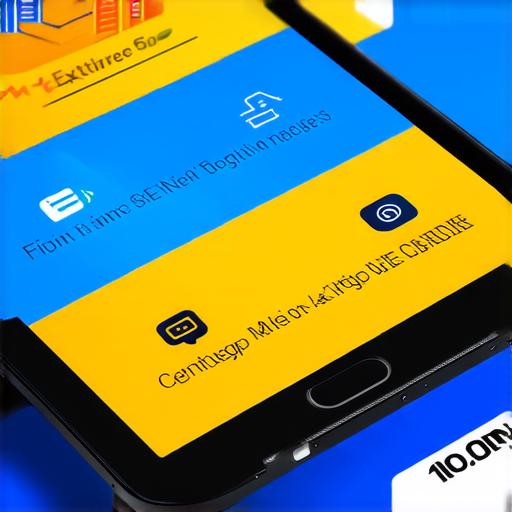Mobile gaming apps have become increasingly popular in recent years, with millions of people around the world downloading and playing games on their smartphones and tablets.
Step 1: Define Your Game Concept
Before you start designing and developing your game, it’s essential to have a clear idea of what you want to create. This includes defining your game concept, target audience, and unique selling points (USPs). Your game concept should be something that will appeal to your target audience and stand out from the competition.
One example of a successful mobile gaming app is Angry Birds, which was created by Finnish startup Rovio. The game concept revolves around a group of angry birds who are trying to destroy pigs’ homes using various weapons and tools. The game was designed with a simple yet addictive gameplay mechanic and appealed to a wide range of age groups and gaming enthusiasts.
Step 2: Choose Your Game Engine
Once you have a clear idea of your game concept, the next step is to choose a game engine that will allow you to create and publish your app. There are several game engines available, including Unity, Unreal Engine, and Corona SDK.
Unity is one of the most popular game engines, used by many mobile game developers. It has a user-friendly interface and supports both 2D and 3D graphics, making it an ideal choice for creating games with complex visuals. Unity also allows for easy integration with other tools and services, such as social media platforms and analytics tools.
Unreal Engine is another popular game engine that offers advanced graphics and physics capabilities, making it well-suited for creating highly detailed and immersive games. However, it has a steeper learning curve than Unity and may not be the best choice for beginners.
Corona SDK is a lightweight game engine that is easy to use and allows for rapid prototyping. It supports both 2D and 3D graphics and can be integrated with other tools and services, making it an excellent choice for small-scale mobile games.

Step 3: Design Your Game Assets
Once you have chosen your game engine, the next step is to design your game assets, including characters, backgrounds, and sound effects. There are several software tools available that can help you create high-quality game assets, such as Adobe Photoshop, Blender, and Audacity.
When designing your game assets, it’s essential to keep in mind the target audience and USPs of your game. Your game assets should be visually appealing, easy to understand, and consistent with the overall theme and style of your game.
Step 4: Develop Your Game Code
Once you have designed your game assets, it’s time to start developing your game code using your chosen game engine. The game code is the core of your game and includes everything from player movement and interaction to graphics rendering and sound effects.
Developing a mobile gaming app can be a complex process, requiring a range of skills, including programming, design, and testing. To ensure the success of your app, it’s essential to hire experienced developers who have a solid understanding of game development principles and practices.
Step 5: Test Your Game
Once you have developed your game code, the next step is to test your game thoroughly to identify and fix any bugs or issues that may be causing problems. There are several tools available that can help you test your game, such as debuggers and profilers.
Testing your game is essential to ensure that it works smoothly and provides an enjoyable user experience. It’s also important to consider user feedback and make changes to improve the overall performance and usability of your app.
Step 6: Publish Your Game on the App Store or Google Play Store
Once you have tested your game thoroughly and made any necessary changes, it’s time to publish your game on the app store or Google Play Store. Before publishing your game, it’s essential to research the target audience and competition on each platform to ensure that your game will be successful in that market.
When publishing your game, you will need to create an account with the appropriate app store and follow their guidelines for submitting your app.
